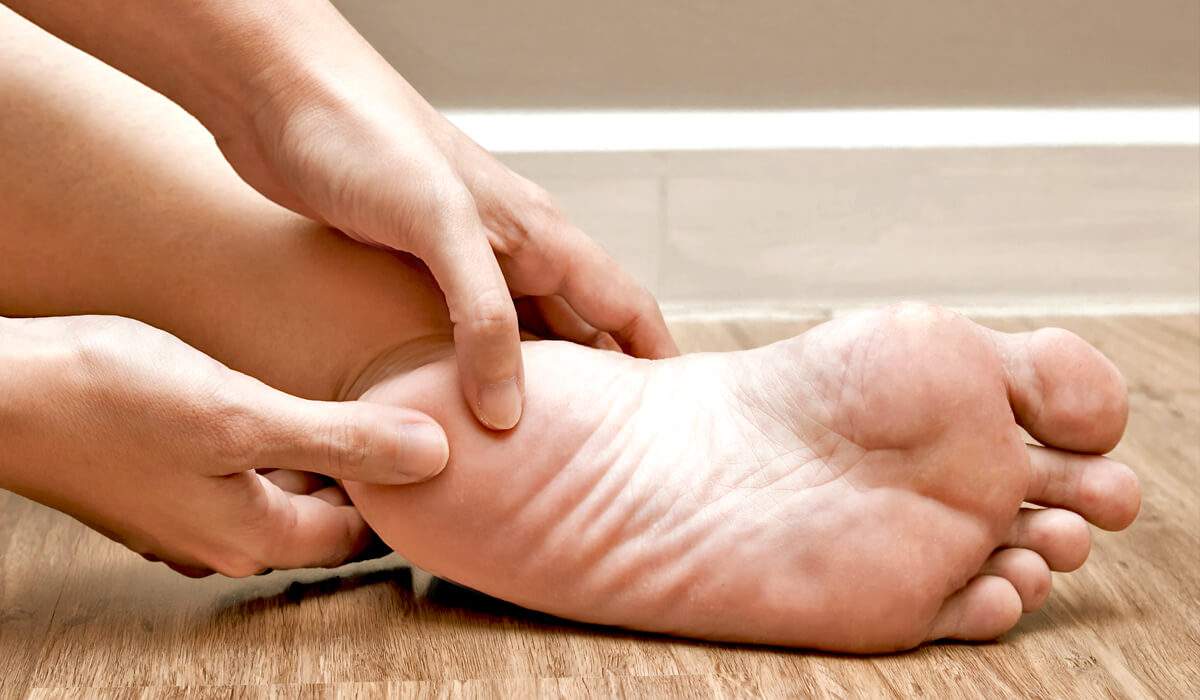It’s normal for cuts, blisters, or sores to heal on their own. If you do a amount of care and cleaning, the body can repair itself. If a wound doesn’t heal in about four to six weeks, or if it begins to appear more swollen and more red, or swollen or emitting a foul smell, it’s an indication that something is wrong. If not treated, sores can grow into non-healing foot ulcers, or leg injuries. In extreme cases they can lead to Amputation.
It’s time to seek help if you haven’t been capable of healing a wound.

What causes some wounds to refuse to Heal
There are a variety of reasons why a wound won’t heal. Understanding the reasons will assist you (and your doctor) find the most effective method to treat it.
If you suffer from diabetes the chance of developing foot and leg ulcers is very high. High blood glucose levels can harm nerves and create so that you do not notice the wounds. They also affect blood flow.
Poor circulation is a different factor that can be related to arterial and venous ulcers. If your arteries, veins or vessels aren’t working and your blood doesn’t supply enough oxygen and nutrients to repair your skin.
There is also the possibility of developing bedsores (pressure ulcers) if you have mobility problems. These are another type of wounds that are extremely difficult to heal if not treated appropriately.
In addition to age, other aspects, like certain drugs (such as blood thinners) and autoimmunity disorders, or inadequate nutrition, can slow the healing process. It’s possible that a mix of these factors could cause a wound to persist.
How long does healing normally take What happens if this doesn’t occur?
You may wonder what you should consider the “normal” healing time is. It really depends on the kind of injury as well as your overall health. A small blister or cut could heal within a few weeks. If you have a foot ulcer that doesn’t heal, or a leg wound that won’t heal it could last for 12 weeks.
Don’t put off seeking professional wound treatment if you are not seeing any improvement in the next four to six weeks. Now is the time to seek treatment for your wound from professional. The longer an open wound is left and is left untreated, the more dangerous it can become.
The Best Help is What You deserve
If your sore won’t heal It’s not simply “bad luck” or a reason to not pay attention to your body is trying to tell you it requires assistance. What’s the positive side? Experts and treatments can have a positive impact. At our clinic, we specialize in treating non-healing foot ulcers and leg wounds, leg wound won’t heal working alongside your other healthcare providers to create a personalized plan that gives your body the best chance to heal and helps prevent amputations.
If it’s advanced wound dressings, restoring blood flow or special therapies like hyperbaric oxygen, there are solutions out there. We’ll be there in every step, since we believe that no one should ever have to deal an injury that won’t heal.
Final Thoughts
A wound that does not heal affects the person in many ways, not just one. It could change your life. There is hope. If you’re sick of dealing with a leg ailment that doesn’t heal, an open sore that doesn’t heal or a foot ulcer, don’t be afraid to seek assistance. If you get help as soon as possible the more quickly you’ll be able to start living the life you want to live without the pain and worry of a wound that isn’t healing.
